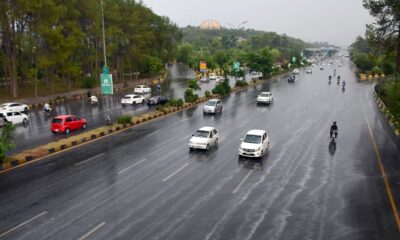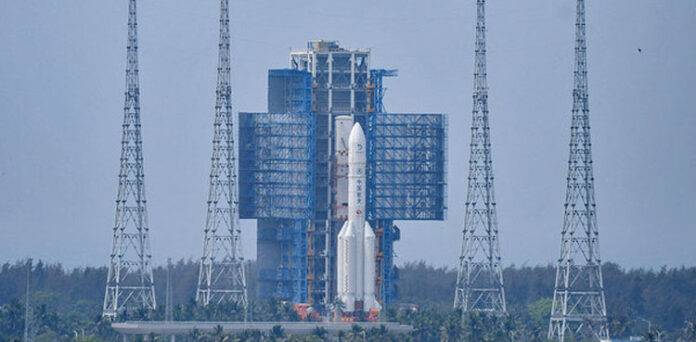Tech
VPNs, X, and Slow Internet Services Are Still Blocked in Pakistan

Business
Pakistan’s lunar mission ‘ICUBE-Q’ reaches the moon orbit.
Education
The establishment of IT labs in Islamabad’s educational establishments
Latest News
Pakistan launches first-ever lunar mission with iCube Qamar
-

 Latest News2 days ago
Latest News2 days agoCM Maryam resolved to avert tragedies like May 9.
-

 Latest News1 day ago
Latest News1 day agoTandoor de-sealing and worker release are mandated by court rulings.
-

 Latest News2 days ago
Latest News2 days agoAccording to CPLC data, Karachi saw 4,184 motorbike thefts and 59 fatalities in April.
-

 Latest News2 days ago
Latest News2 days agoHajj flight delayed due to airport fire in Lahore
-

 Latest News2 days ago
Latest News2 days agoSher Afzal Marwat has been removed from the PTI’s political committee.
-

 Latest News2 days ago
Latest News2 days agoAn NA speaker describes May 9 as the darkest day in the country’s history.
-

 Latest News1 day ago
Latest News1 day agoProposal to smuggle diesel foiled by Customs
-

 Latest News1 day ago
Latest News1 day agoThe Chief Minister of Punjab has given his approval for the implementation of a laptop scheme aimed at providing laptops to students.


















